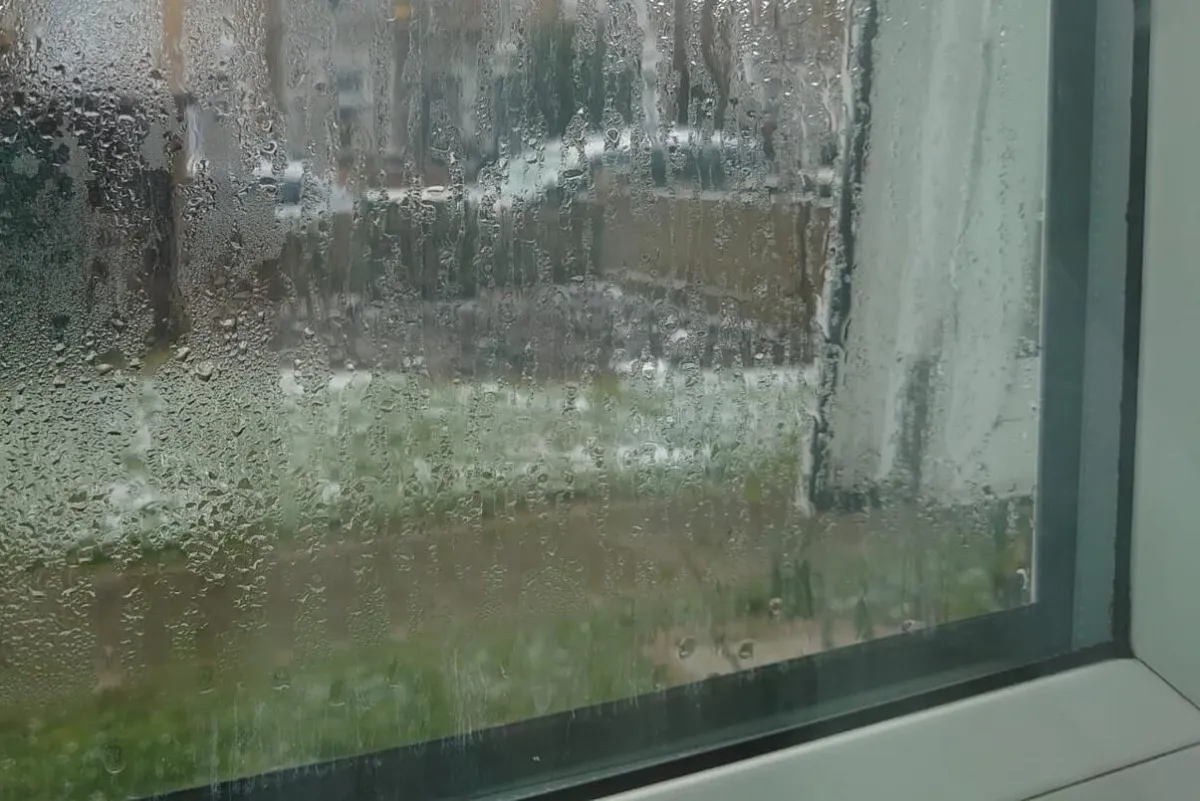Private Landlord Claims
We are here for you if you are a private tenant with housing disrepair
Take our free quiz to find out if you have a claim or book a call with our friendly Housing Disrepair Team
Yes, we do help Private Tenants
But we do understand that it's not an easy decision.
Are you are a private tenant living with housing disrepair?
Are you are scared you might not get your deposit back?
Are you frightened about asking for help in case your landlord evicts you?
Are you at breaking point and just can't take it anymore?
What you need to do
The first step is to contact us. We won't do anything or contact your landlord without your consent. We will discuss your options with you and if we can help we will, but a housing disrepair claim might not be the right option and we will advise you accordingly.
Get Started Today
STILL NOT SURE?
Frequently Asked Questions
We hope this information is useful, but please contact us if you have any other questions
Can my landlord evict me if I start a claim?
The short answer unfortunately is still yes. Whilst there are some changes to the law coming which means landlords will not be able to evict you if you're not at fault, those changes still have yet to come into force and landlords can and will still evict as a means of retalliation.
How much will it cost me to claim?
We help private tenants on the same basis as council and housing association tenants - no win no fee. This means you do not pay anything up front and only pay for our services when your claim is successful.
What can I claim for?
You can claim compensation for living in a property that is in disrepair, along with any damages for personal items that have been damaged and any injury to your health due to the disrepair.
How much compensation will I receive?
The main focus of a housing disrepair claim is to get your property repaired to the highest possible standards (not your landlord's standard). Compensation depends on the severity of the disrepair and how long you have been complaining about it. It varies on a case by case basis.
What do I need in order to make a claim?
You need to have informed your landlord of the disrepair and given them a reasonable amount of time to make those repairs. If they are ignoring you or refusing to repair then providing you still live in the property and can prove that you have notified the landlord then you can make a claim.
I am in arrears, does this make a difference?
Yes, it can make a difference to your claim. If you are not paying rent (even if you believe that withholding rent is fair due to the poor state of your property) you are in breach of your tenancy agreement and your landlord can evict you.

Your Rights as a Private Tenant When Living in Unsafe Conditions
A disrepair issue in a property can lead to health issues in both a physical and mental sense. This is true in any type of property, but particularly in the rental sector where tenants are reliant on the honesty and dependability of a landlord. Most landlords are responsible and fully understand their duties to look after tenants, but unfortunately some are irresponsible and neglect these duties, particularly in situations where they know their tenants are vulnerable, perhaps have low income and possibly also health issues, and are not in a strong position to fight back.
However, it is important to note that all tenants are protected from unscrupulous landlords in terms of having to live in unsafe conditions, and this is stipulated in the Homes (Fitness for Human Habitation) Act 2018.
What do we mean by ‘unsafe conditions’ in a rental property?
A landlord has a basic duty to provide a safe and comfortable property to a tenant, at the beginning of a tenancy and throughout the duration of the tenancy. According to the Homes (Fitness for Human Habitation) Act 2018, this means homes have to be fit for human habitation, which means they should be safe, healthy and free from any feature or condition that could cause serious harm.
Such issues can very quickly develop in a rental property that is in poor condition or where repair issues are ignored. Common issues which could lead to ‘unsafe conditions’ therefore include:
Damp and mould
Rotting/damaged windows
Water leaks
Gas leaks
Damaged electrics
Structural damage – walls, roof, floor
Damaged fittings – doors, stairs, bathroom and kitchen
Infestations
Faulty appliances – boilers, heating, radiators and ventilation systems
This legislation protects tenants against landlords who ignore repair issues reported to them, and ensures they improve properties where they are found to be unfit for human habitation.
What action can a tenant take against their landlord?
If a tenant has reported a disrepair issue to their landlord, and it is agreed that the issue is the landlord’s responsibility, the landlord must carry out the repair to ensure an unsafe condition is resolved or doesn’t develop. The tenant must allow the landlord a reasonable period of time to carry out this repair, but after this period has passed, the tenant has the power to take the landlord to court under the 2018 legislation. This would have the effect of forcing the landlord to carry out the repairs or solve the health issue, while the court can also force the landlord to pay compensation to the tenant for any costs that arise directly as a result of the disrepair issue.
There are some exceptions, under which the landlord would not have to carry out the repair and could not be taken to court. These include:
If the damage or unsafe condition was caused by the tenant’s own behaviour or neglect.
If the damage or unsafe conditions were caused by events beyond the landlord’s control, such as a fire, storm or flood, i.e. an act of God.
If any damage caused is to possessions left by a previous tenant, i.e. they are not included in the inventory listed in the tenancy agreement.
If the landlord has been prevented from carrying out the repair work, such as because planning permission is required from the council, or the owners of the building the flat is located within have not granted permission.
What should you do if you are living in unsafe conditions?
If your rental property has developed unsafe conditions you should do the following:
Report the issue directly to your landlord and request a repair.
Contact a legal representative such as Sparrowhawk Legal.
Give the landlord a reasonable period of time to carry out the repair. If they do not carry out the repair, send them a reminder.
Document the repair issue with photographs and evidence of the damage it is causing you, the property and your possessions. Continue to do this to show how the issue is getting worse and causing more damage.
Sparrowhawk Legal will help you establish whether you are covered by the Homes (Fit for Human Habitation) Act 2018. They will also help you identify who has liability to resolve the repair problem, and whether it is classed as the property being in an unsafe condition. Sparrowhawk Legal can also establish whether the landlord has any exemption from carrying out the repair.
If the disrepair issue is still not resolved after a reasonable period of time has gone by, and after fair warning has been given, Sparrowhawk Legal will help you process a claim, which could result in court action.
Professional housing disrepair claims with Sparrowhawk Legal
At Sparrowhawk Legal we understand how many tenants have concerns about escalating a disrepair issue to legal action. Many people don’t want confrontation or formal legal proceedings and also fear being evicted from the property. If your landlord makes any attempt to evict you, Sparrowhawk Legal can intervene to represent you and ensure this doesn’t happen and your home remains your home. We can then support you through the process of getting the repair issue resolved and shoulder the burden of any formal court proceedings that result.
We believe it is essential that tenants understand their rights and remain fully protected in situations where unsafe conditions are developing, or have developed, so contact our friendly and compassionate team at Sparrowhawk Legal if this applies to you.
Did you know you can Rate your Landlord?
with Marks Out of Tenancy if you're
Looking for the best landlords and letting agents...
Join the thousands of renters rating and reviewing their landlord, letting agent and rental properties. Tell your story, share your experience, rate your landlord and letting agent.
Sparrowhawk Legal Ltd | Registered in England and Wales | Registered Company No: 14507943 | Registered office: 5th Floor 167-169 Great Portland Street, London, W1W 5PF | Tel 0204 581 9300
Sparrowhawk Legal Ltd is authorised and regulated by the Solicitors Regulation Authority No. 8004127
Sparrowhawk Legal is a trading name of Sparrowhawk Legal Ltd.
© Copyright 2024. Sparrowhawk Legal. All rights reserved.

